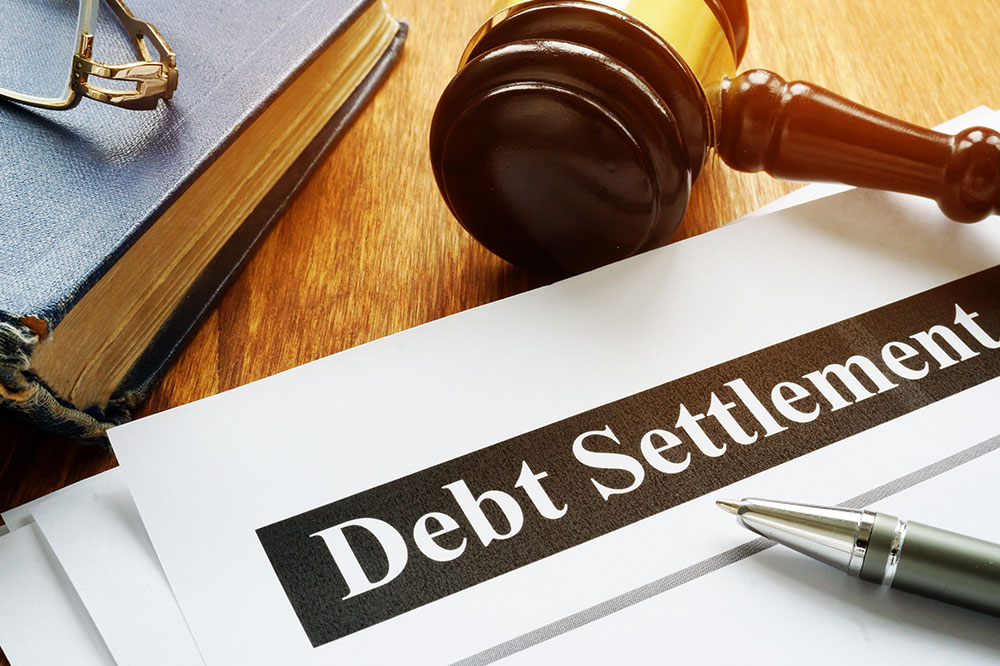7 common mistakes credit card users should avoid

Paperless transactions through credit cards have become the norm worldwide owing to their sheer convenience. These cards ensure one does not have to spend money immediately when purchasing something; they can make the payment flexibly later. In this way, a person’s purchasing power need not be determined by their bank balance. To maximize the benefits of credit cards, those using them should avoid making some common mistakes, such as those mentioned here:
Not paying bills on time
Making it a habit to clear credit card bills after the deadline can affect one’s credit score. And with a low credit score, a person’s loans may get rejected, or their interest rates may shoot up. This habit can also turn against credit card holders when applying for jobs. Hence, one should keep track of the billing cycle and avoid late payments to maintain a good credit rating.
Taking cash advances
A cash advance is when someone uses the line of credit linked to their credit card to withdraw a certain amount. Although taking a cash advance may seem like a fabulous solution, it can make way for additional fees and higher interest rates. Cash advance fees are usually up to 5% of the total withdrawn amount, with an APR as high as 20%. So, it is best to use one’s credit card directly wherever possible instead of taking the cash advance route.
Closing a credit card
Closing a credit card can affect credit history. Let’s say a person has a total credit history of five years and uses multiple cards. This figure can fall to two years if one of the cards is closed. Older credit cards, in particular, should not be closed, as this can severely hamper credit history.
Not checking one’s bank statement regularly
A bank statement, which lists all expenses made using the card, can help detect fraudulent activity. It also helps cardholders understand what their spending habits are like. Checking the bank statement every month before setting out to pay the credit card bill is a wise decision.
Spending too much for rewards
Many credit cards offer rewards for specific purchases. These rewards can help one save money and enjoy other benefits. However, overspending only to receive rewards may backfire, often leading to financial trouble and less credit available. Less available credit over a period can, in turn, make it difficult to avail of loans. Thus, the focus of any credit card purchase should not be a reward.
Spending without a budget
Since credit cards allow users to pay later on, it is easy to overspend. However, this habit can lead to a financial crunch when it is time to clear the bill. Preparing a monthly budget plan allows one to decide what expenses they can safely carry out during that period. If there is less credit available, it is best to postpone the purchase.
Opting for frequent EMIs
Equated monthly installments (EMIs) allow one to repay amounts in parts. Most cards offer EMI options for flexible payment, but opting for an EMI repeatedly can cause overspending. This is because an EMI requires one to pay an interest rate in addition to the principal amount. So, EMIs are best for large-scale expenses, such as buying a gadget or appliance.






